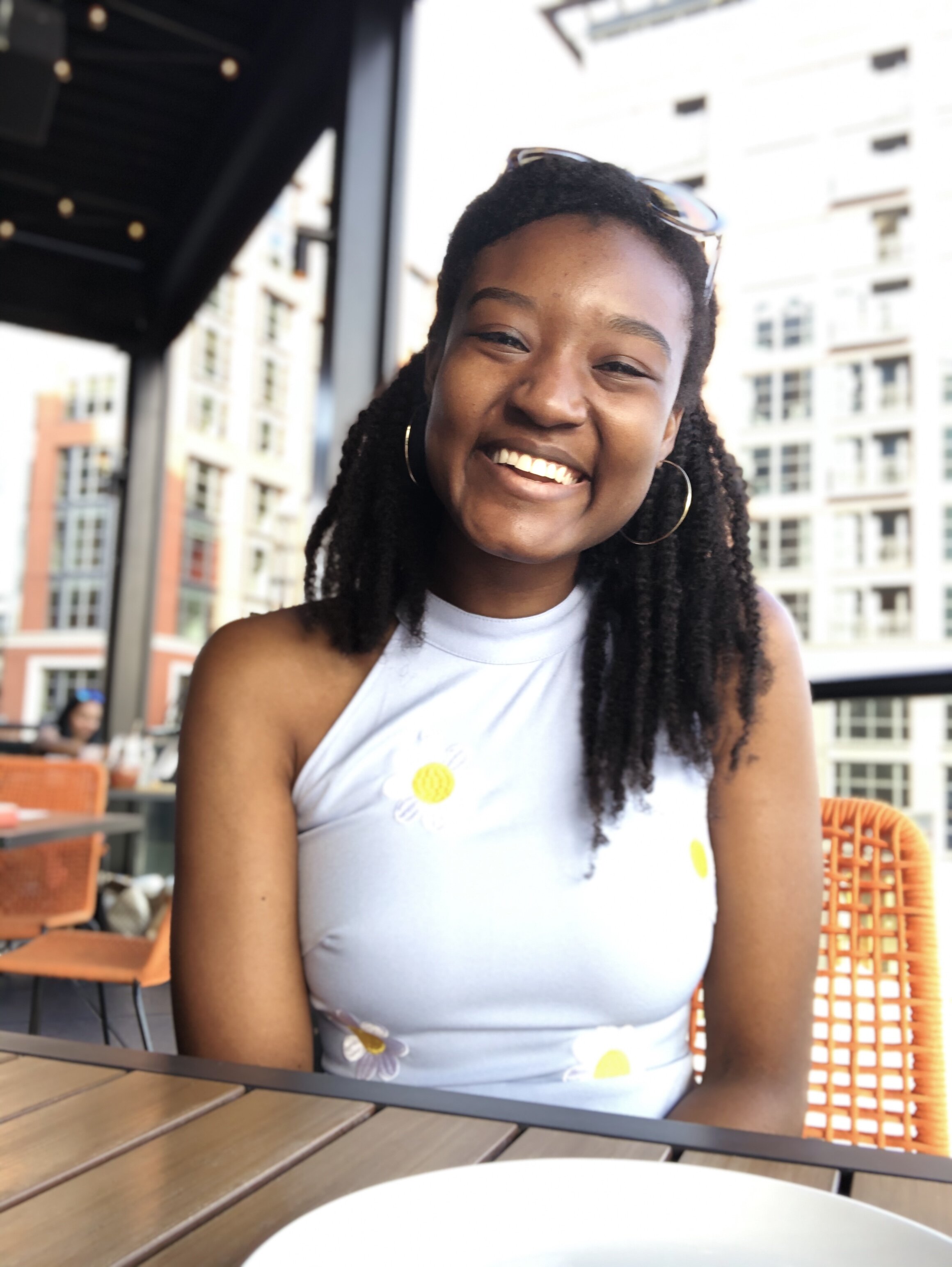America's Race Evasive Attitude Furthers its Decline on the World Stage
By Amanda Borquaye
For months, it seemed that nothing would capture the world’s attention in the way that COVID-19 had. Then on May 25th, 2020, Derek Chauvin, a police officer with the Minneapolis Police Department, murdered George Floyd, an unarmed Black man, as three other officers stood by. The gruesome murder was captured by bystander footage, and the image of Chauvin’s knee on Floyd’s neck, pinning him to the concrete as he begged for his mother and ultimately took his last breath, awakened the world’s conscience. Footage of tear gas clouds and flash bang grenades in riots across American cities inundated our screens rather than the images of overcrowded hospitals and death toll tickers to which we had grown accustomed.
This unrest presented the United States with a unique opportunity: a global platform to model its professed values of freedom and justice by addressing the deadly ramifications of anti-Blackness, in particular, its manifestation in the form of state sanctioned violence. However, the United States squandered this opportunity, further contributing to the global decline of American soft power as a lack of credibility compounded by a diminished reputation has had a delegitimizing effect. America’s declining reputation is rooted in the Trump administration’s sweeping policy shifts, which appear suddenly rather than out of deliberate strategic conversations. A sampling of such instances include the withdrawal from the Paris Climate Accord, the announcement that funding to the World Health Organization (WHO) would be cut in the midst of an unprecedented pandemic, the announcement that the United States will withdraw from WHO altogether, and most recently, the weaponization of international student visas in an effort to force universities to reopen this fall. This tarnished reputation is primarily evident in the chasm that exists between espoused values and the policy outcomes they are to inform.
As protests and reckonings with anti-Blackness and police brutality emerged across the globe, Philonise Floyd, brother of George Floyd, made an impassioned plea to the United Nations Human Rights Council, which had convened for the fifth time in its history to urgently debate systemic racism and police violence in America. The United States was notably absent from the convening. In 2018, the United States joined North Korea, Eritrea, and Iran in refusing to participate in the council, electing to voluntarily leave. Then United States Ambassador to the United Nations, Nikki Haley, stated “if the Human Rights Council is going to attack countries that uphold human rights and shield countries that abuse human rights, then America should not provide it with any credibility.” Ironically, the United States is eroding its own credibility in the global arena as it refuses to come to the table and address one of its most pressing social crises in the midst of widespread grief and public outcries for justice. As other nations examine and seek to undo anti-Blackness in their own countries, the United States’ absence from the council is a deafening show of deflection and noncooperation.
The global implications of America’s exit from the council and consequent refusal to discuss racial injustice and police violence under the world’s gaze is indicative of far more than wounded pride and hypocrisy. American critique of the council preceded the Trump era, and the human rights body is a victim of politicization in general; however, this should not come at the expense of a platform for the international community to gather on pressing matters. The absence suggests a deflection from the urgency of the human rights issues of today – that scrutiny and potential rebuke are internalized rather than mobilized as agents of change render the United States a victim of its own hubris. Certainly, the politicization of international bodies is not novel. A handful of African nations have derided the International Criminal Court for being biased in whom it investigates as perpetrators of war crimes and crimes against humanity. Multilateral organizations are not immune to biases; however, the stature of the United States in a global context in combination with its silence as the rest of the world convened to debate and examine the very issues that plague daily life for Blacks in America is indicative of a vulnerability that must be embraced rather than ignored. While the United States may feel embarrassed by the scorn and rebuke it has earned from its peers, the galvanization of anguish that has shocked the world’s conscience is not the time to shy away from a deep examination of systemic racism and state sanctioned murder. To do so gestures to the international community an American hesitancy to address human rights flaws unless those flaws are of other nations. Perhaps more saliently, the American refusal to reckon with racism as a human rights crisis suggests that discussions of values are not of genuine interest unless they carry with them a sense of distinction that can be leveraged to still appear victorious, benevolent, and exemplary on the global stage in comparison to its peers.
Ultimately, the United States’ hesitancy to address issues of racism to its global audience further diminishes credibility for a nation that wishes to be universally viewed as a bastion of freedom and democratic values. With what little credibility it has left, the country would be best positioned morally and rationally if it were to render itself vulnerable in the world’s eyes and halt its increasing affinity of letting pride impede progress -a phenomenon that exists to the detriment of the constructed image of the United States as a force for upholding human rights.
Amanda is a Tufts Class of 2018 graduate and incoming MALD candidate at the Fletcher School where she hopes to specialize in Human Security and International Information and Communication. Prior to Fletcher, she worked in civil rights law as a paralegal in Washington DC
George Floyd is by Chad Davis and licensed under CC BY-SA 2.0.




